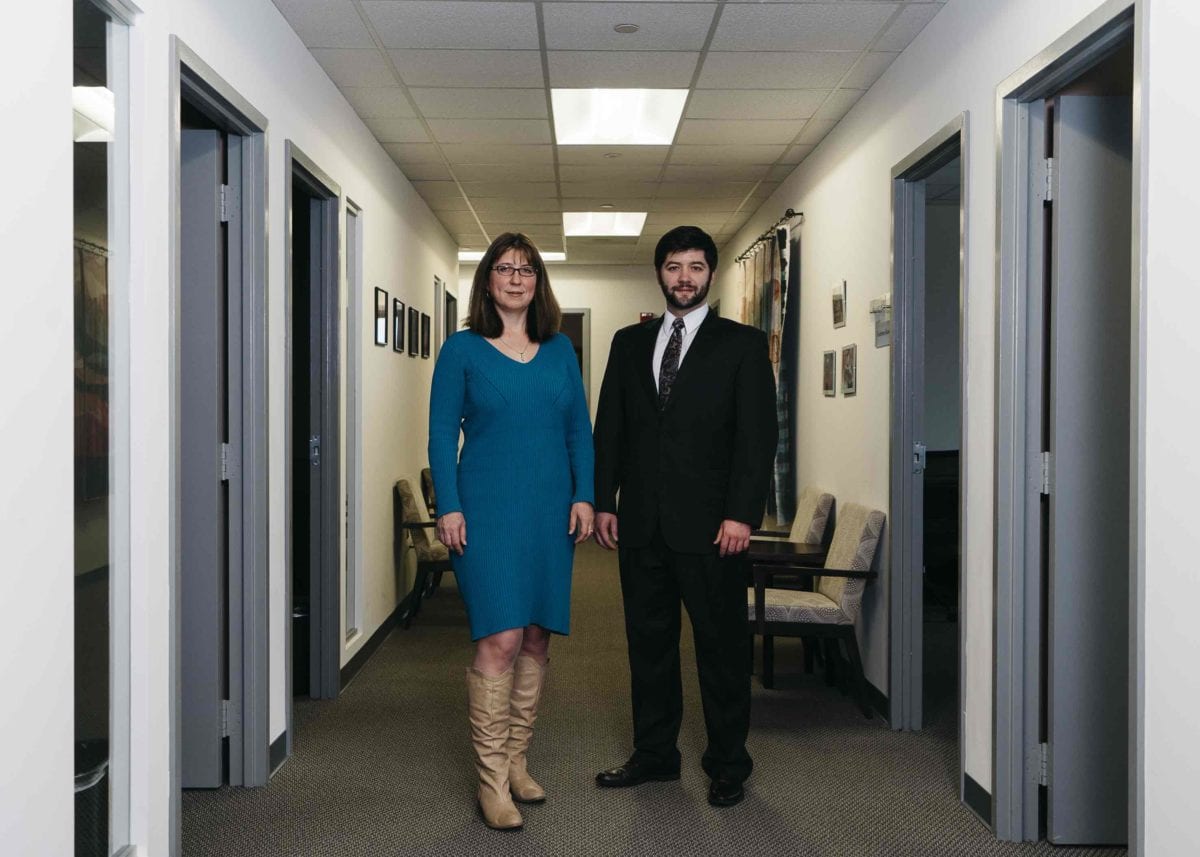A new Maryland program is looking to provide help to underrepresented entrepreneurs developing proposals to receive backing from a federal initiative known as “America’s Seed Fund.”
The SBIR Proposal Lab is looking to provide training, reviews and mentoring to entrepreneurs seeking funding from the U.S. Department of Defense and National Oceanic and Atmospheric Administration through the Small Business Innovation Research (SBIR) program, said Olessia Smotrova, CEO of OST Global Solutions, which is playing a leading role in the program.
The Lab will operate cohorts out of the Rockville-based GovCon Incubator, and from the Eastern Shore Entrepreneurship Center in Easton through a remote connection. TEDCO, which is partner on the program, won a $125,000 grant from the U.S. Small Business Administration’s Federal and State Technology (FAST) Partnership Program to subsidize costs for the Lab, and is providing matching funds as well as other instructional resources. The Maryland Small Business Development Center is also providing resources. Participating companies are required to pay $500 upfront, then receive a $150 check upon completion of the program, and proposal.
The Lab has a focus on helping entrepreneurs from underrepresented groups who have not previously won SBIR funding, including businesses that are women-owned, disadvantaged and from rural areas, Smotrova said.
The program plans to have a cohort of about 30 businesses which will begin in November. It has a goal to double the national average when it comes to the success rate of applications, from 16 percent to 32 percent.
The government is willing to support the development of riskier new concepts with SBIR funding. It’s a source of early-stage funding that doesn’t require giving equity. But technology has to be of interest to the national cause. The government looks at technology in a very specific area where they need that innovation and at the same time support small businesses with that angel capital,” Smotrova said.
Government departments seek out efforts that are in line with their own priorities.
SBIR is a three-step process, with funding provided in the first two phases:
- Phase 1: The concept phase in which companies establish the ideas behind the technology.
- Phase 2: The prototype phase in which companies build and test the technology, as well as establish the market for the product beyond the government itself.
- Phase 3: The go-to-market phase that moves the technology beyond the lab.
The monthslong Lab will look to guide the participants through the specific phases, and the steps and documents needed for a proposal. It’s a process that requires steps each day. While there are seminars and workshops on the topic, the idea is to provide an environment where entrepreneurs learn while they complete the steps, Smotrova said.
Applications for the first cohort are being accepted, and the first cohort is expected to begin on November 21.
Apply
Join our growing Slack community
Join 5,000 tech professionals and entrepreneurs in our community Slack today!
Donate to the Journalism Fund
Your support powers our independent journalism. Unlike most business-media outlets, we don’t have a paywall. Instead, we count on your personal and organizational contributions.

National AI safety group and CHIPS for America at risk with latest Trump administration firings

How women can succeed in male-dominated trades like robotics, according to one worker who’s done it

Geomapping goes splat: The evolving future of Google Earth


